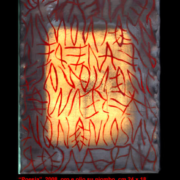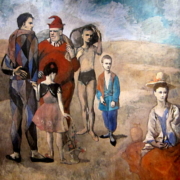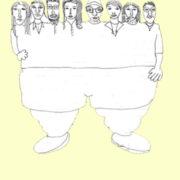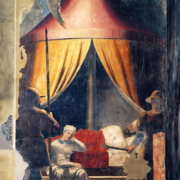A home for the dragon
Abstract
Di Giovanni has called the minimal playing unit “ludeme” (2005). The agglomerates of “ludemes” give life to the scenic thinking by going through the playing body. When Anna Baruzzi (1979) spoke of therapeutic groups with children (developmental age), she described working with emotions as “giving a home to the dragon”. One of the functions of the leader in a therapeutic group of children is to facilitate and witness the process that evolves through the transformation from action into playing and, only later, from playing into words. It is clear how the therapeutic work in a group of young children cannot leave aside playing all together, which includes the involvement of the therapist him/herself at a body level. The bodily engagement becomes the first home that is able to welcome the dragon – that is, the hot emotions. To give a home to the dragon is the same as to provide a container, so that emotional charges, instead of being evacuated, can gradually be canalized and therefore become thoughts. Along this path the body also is an important means to transform the proto-experience states, give them a scenery and favour their translation. Without any doubt, we can state that body contact in therapeutic groups with children has this very function: to give a home to the dragon so that the fire of excitement turns into a sufficient warmth to let emotions become thinkable and narrable.






